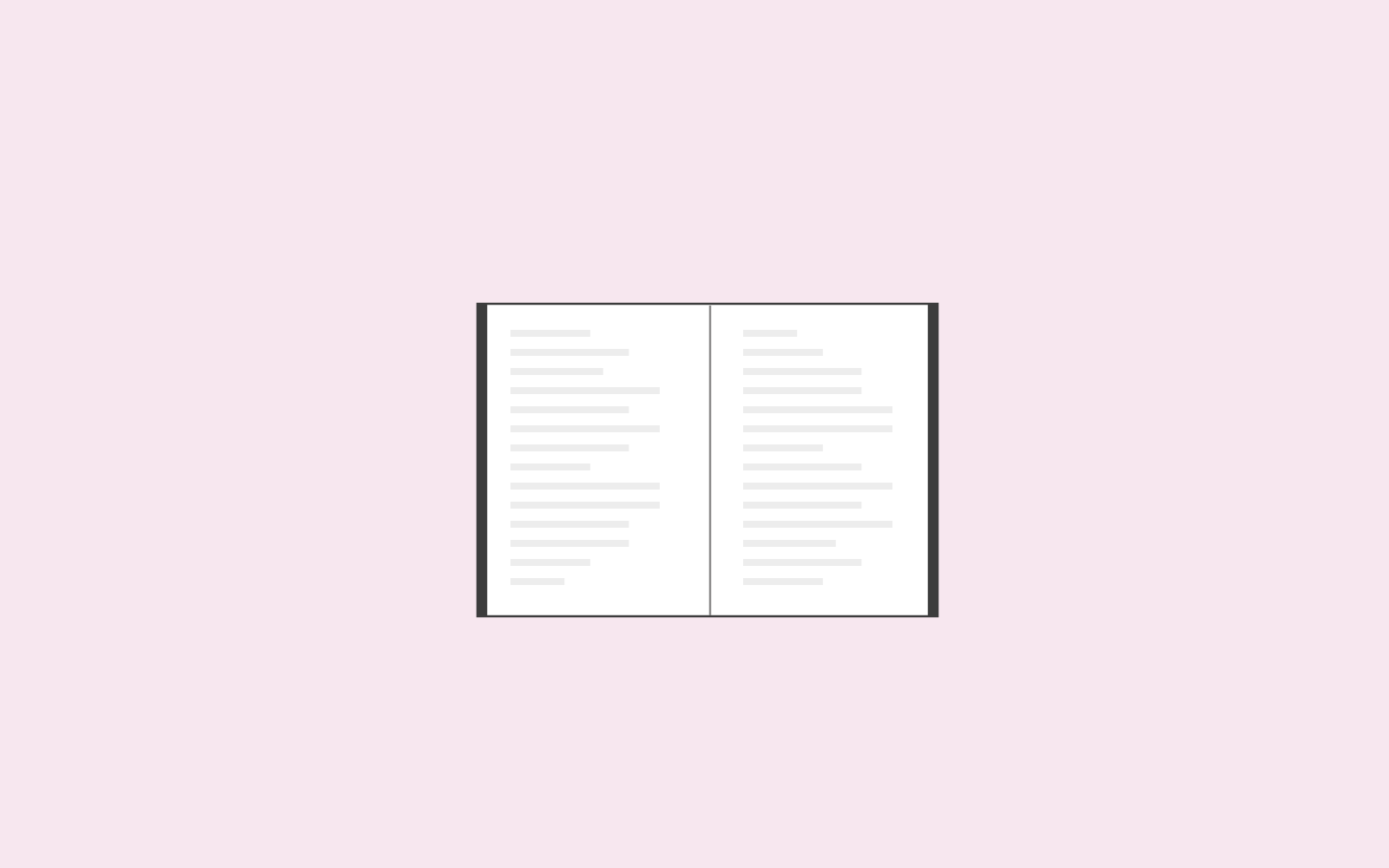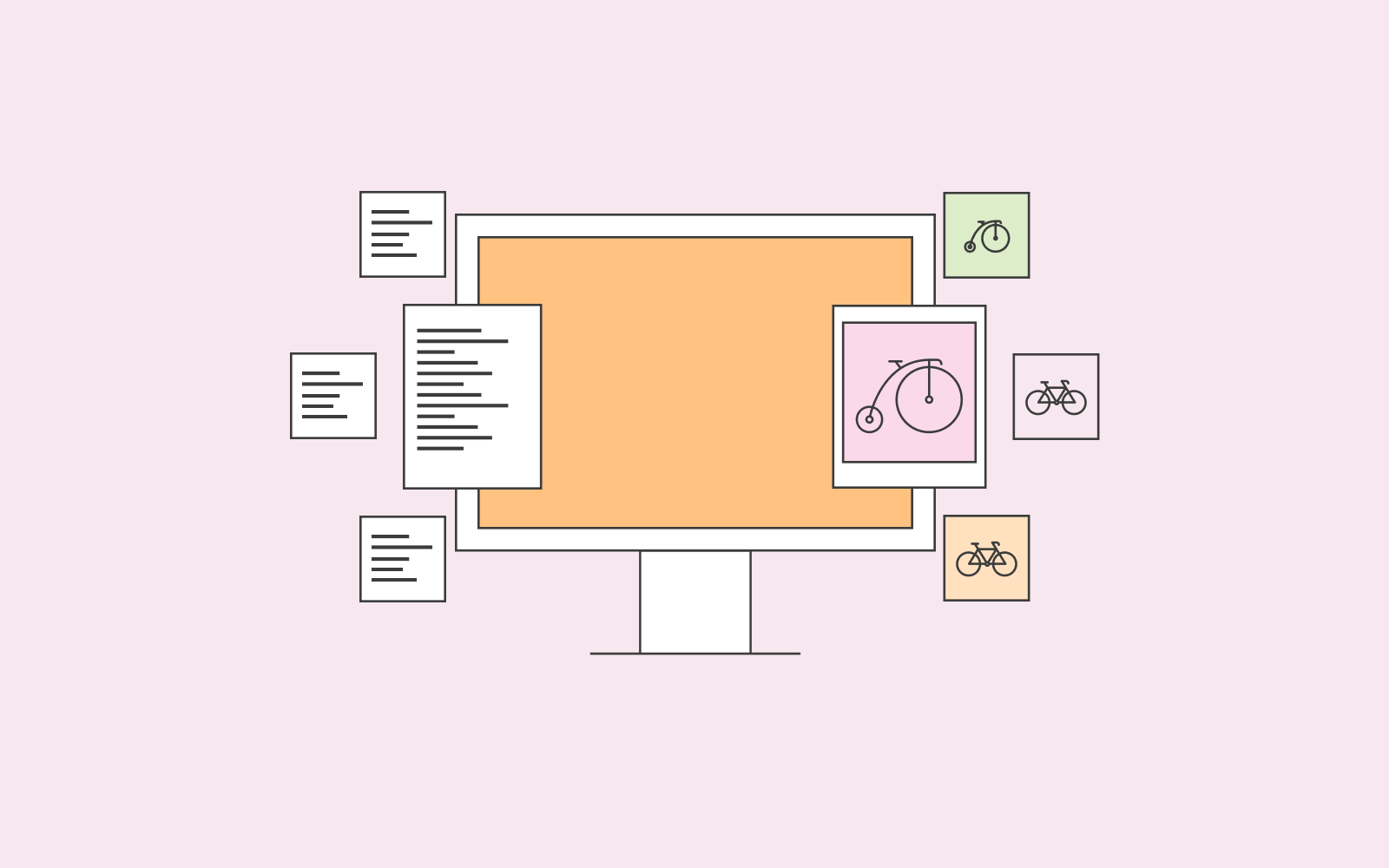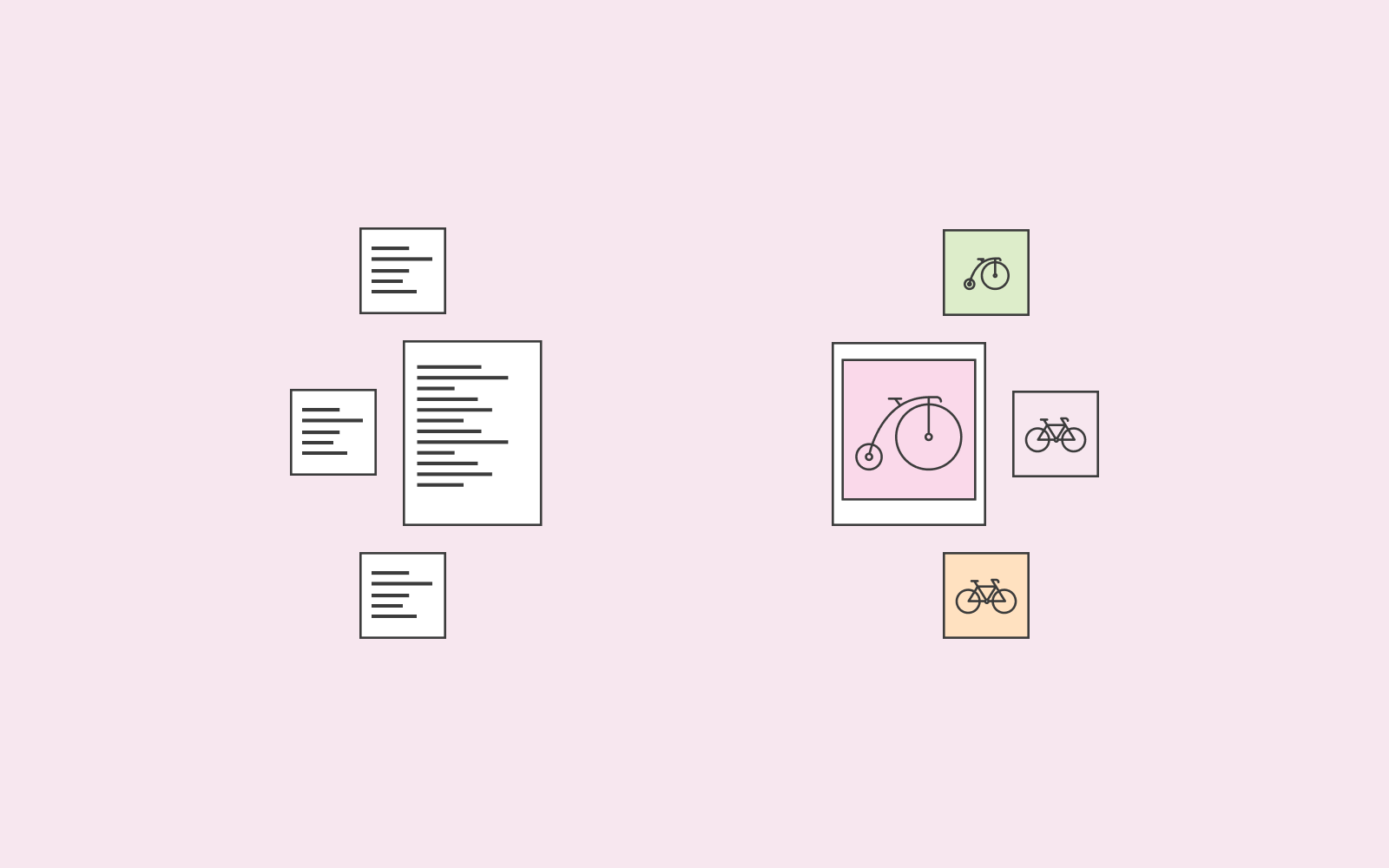What is content writing?
Read our tips now!
Content marketing is one of the best and cost-efficient ways to market your business and increase your traffic and sales. However, the result of your content marketing is directly tied to your content writing, and more importantly, the quality of your content writing. Thus, it’s essential to write content that is interesting, engaging, and shareable.
Brief Summary
Content writing is the process of creating written material for websites, blogs, social media, or other digital platforms. It involves planning, writing, editing and publishing content.
Creating good content can be challenging because you must always ensure that your content is eye-catching and interesting. In fact, your content needs to be so interesting that you entice the reader to become a customer. Creating good content will set the tone for your business and how your business is perceived. If you master the art of content writing, the challenges will be worth it as the benefits of content writing are great.

On this page
Creating good content
As mentioned above, the benefits of content writing are great and will help you a long way in your content marketing efforts. However, creating good content is not easy, so we’ve decided to share some tips and tricks to help you master the art of content writing.
You can implement these tips to boost your content writing and increase your odds of success.
Title
The first thing you should do before starting to write a piece of content is to write the title of your content. The majority of readers will first read the headline before deciding to click on the actual article or piece of content. If you don’t write a good headline, you’ll lose many potential readers as it’s the headline that entices people to read your article.
After writing your title, you should write your introduction, the first paragraph of the article. The introduction should be very engaging and interesting, basically eye-catching. A strong introduction will persuade your readers to read the entire article and even leave a comment.

Keep it on point
One of the key pointers to consider when writing content is keeping your content on point. What we mean by this is that you should keep your content clear, concise, and focused. This is because the reader must have a clear path to follow when reading your text. Also, it’s your job to ensure that the reader stays focused on your text. Thus, you must keep your writing clear and concise and without distractions.
Think of it like this; your reader found your piece of content through a search engine or a link because either they were specifically searching for what you’re writing about or saw a link and became interested in what you’re writing about. Due to how the reader finds your content, you must ensure that your content stays true to the topic of your piece. If you go off and write about other stuff than what the article is focusing on, you’ll lose your potential customer.
The reader wants to read your article based on the subject in your headline, so you owe it to your readers to provide accurate and engaging content on the topic.

Keep your paragraphs short
We tend to lose focus when we read articles with long paragraphs. It doesn’t matter how interesting and engaging the piece of content is; if it contains long paragraphs, there is a risk you’ll lose your reader’s interest. So make sure to always keep your paragraphs short as well as concise, as we mentioned above. In addition, use subheadings. By using subheadings, your readers will know what the next paragraph will be out, and they can skip to a more relevant paragraph if they’d like without leaving your website.
Sometimes, even if it’s for a second, our brain needs a break from reading to soak up what we’ve just read.
Keep it friendly
If you write technical terminology or highly academic sentences, you’ll lose your reader. Content writing should be friendly and easy to understand. There is nothing cool about your reader pulling up a dictionary to understand the words you’ve written. When you write content, you want to be a helping hand. You want to make the reader understand something they’re interested in, and therefore, you should do it as if you were talking to a friend.

Edit
Do not write a piece of content to publish it only a few minutes later. Instead, make sure that you write a draft before you do anything else. It’s imperative to edit your content. Spelling mistakes and awkward sentences sneak by us when we’re writing the first draft.
Our best tip is to sleep on it before you edit. There is nothing like a well-rested brain as when you wake up after a good night’s sleep. Wake up, have a cup of coffee (or any beverage you prefer) and go over your draft again to find all the mistakes you couldn’t see the day before. Read your content to ensure that you got all your points across and read your text aloud to notice if there are long paragraphs in your text. Readers tend to read the text aloud in their heads (subvocalize), so this exercise can really perfect your content writing.
And don’t feel bad! It’s human nature to make mistakes. No one can write a perfect first draft.

Answer questions
While you’re in the process of editing your draft, ensure that you’ve answered all the questions a reader might ask when reading your text. Your readers will not be happy if they leave your website asking more questions than when they first visited you. When you write the headline to your article, you’re promising the potential reader that you will answer questions that they might have relating to your headline. You must keep your promise to ensure that your readers revisit your website.
Actionable content
Your customers will, most likely, want to read actionable content. The meaning of actionable content is to give the readers lists and tasks they should implement to achieve an objective. For example, you might run a blog where you write about your success; if this is the case, your readers will also want to know how you got successful so that they can follow your lead. Thus, as an example, you can write lists on everything you did to get started so that the readers can use the list to check off items as they move along in their process.
Creating actionable content enables your readers and customers to try out your tips and tricks immediately. Additionally, actionable content will keep your readers and customers wanting to return to your website for more information and content.
You can implement two great tips in your actionable content writing – create lists or highlight specific tasks to make it easier for your readers to take the next step. By helping your readers achieve success in the same way you have, you’ll build trust and loyal customers. In addition, helping your readers achieve success in their work and industry will entice them to sign up for your newsletters, subscribe to your channels, and even purchase your products and services.

Images
Add images to your content. Nobody wants to read a long information piece without any breaks in the text. Our brains register information much better when there’s a break in a long text with images.
According to various sources, content with images receive 94 per cent more views than pieces of content without images. This number is a huge indication that you should include relevant images in your articles.
Conclusion
It only fits to talk about the conclusion of an article when we are at the conclusion of this article.
A conclusion is essential because you’re tying up loose ends here. Not only that, in the conclusion, you can summarize and revisit the important points you made. For some specific articles, you can also end the conclusion by asking a question. Asking a question at the end of the article will encourage your readers to comment. You want people to engage with your blog/article to generate sales and build brand awareness.
